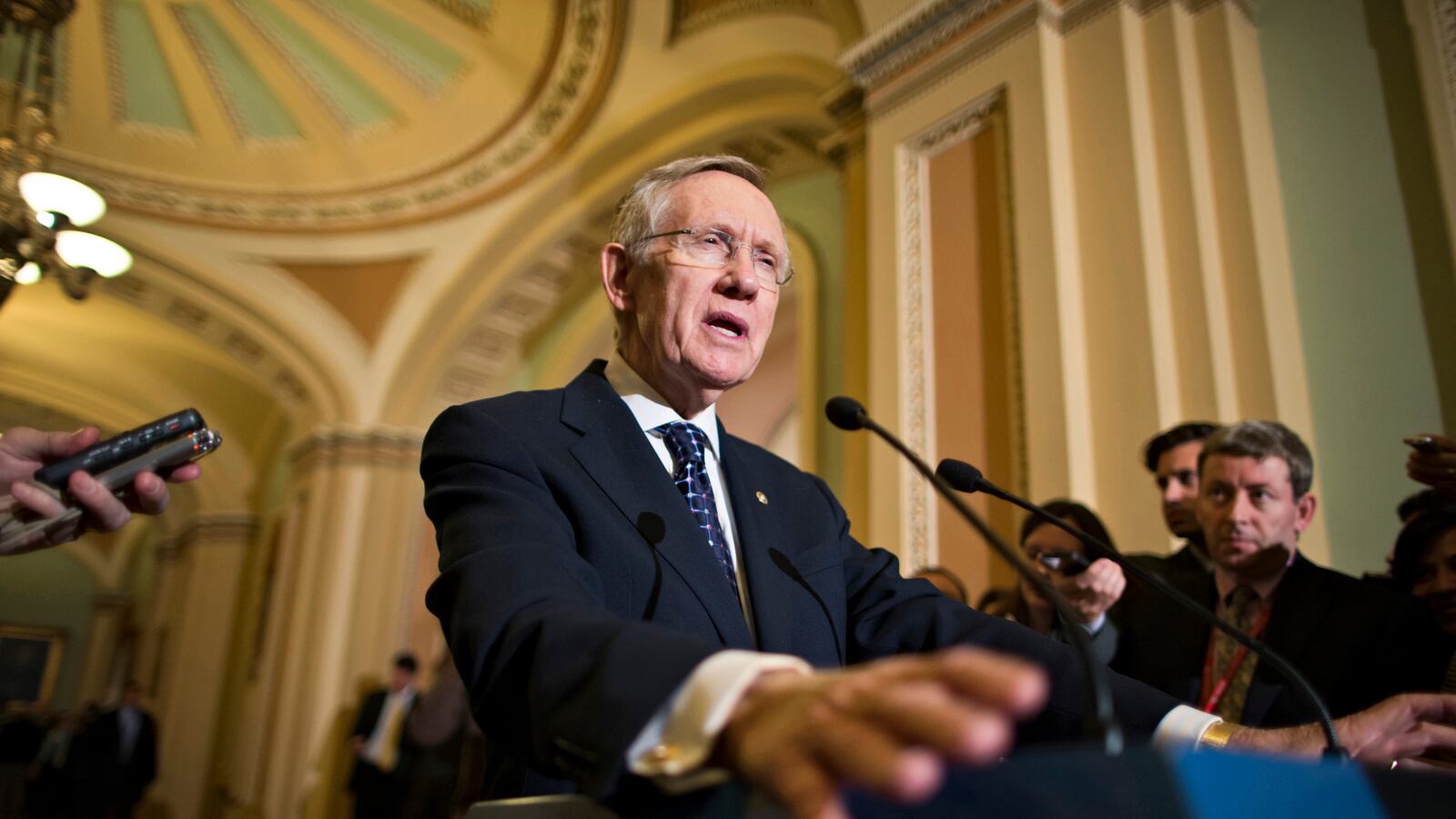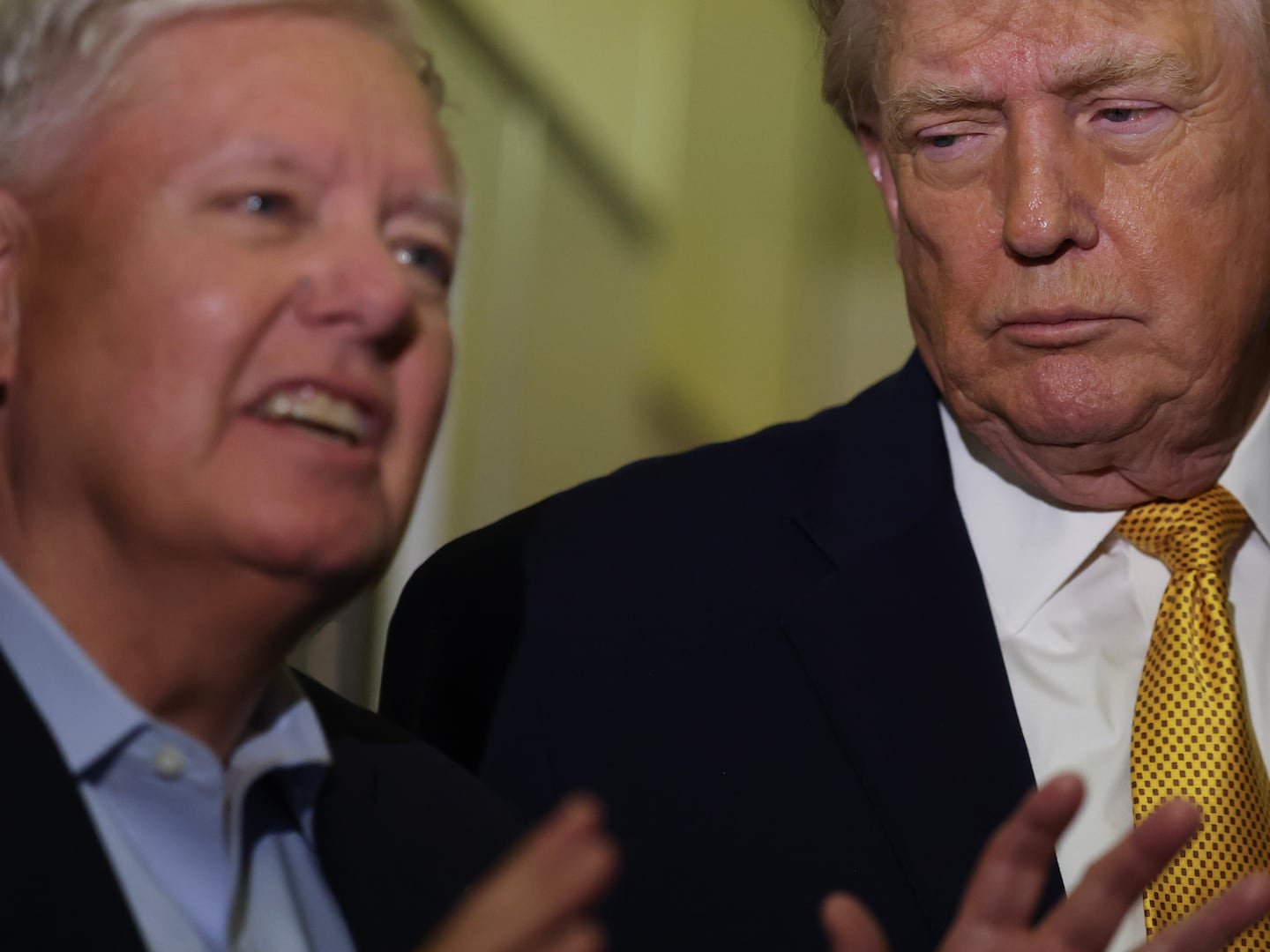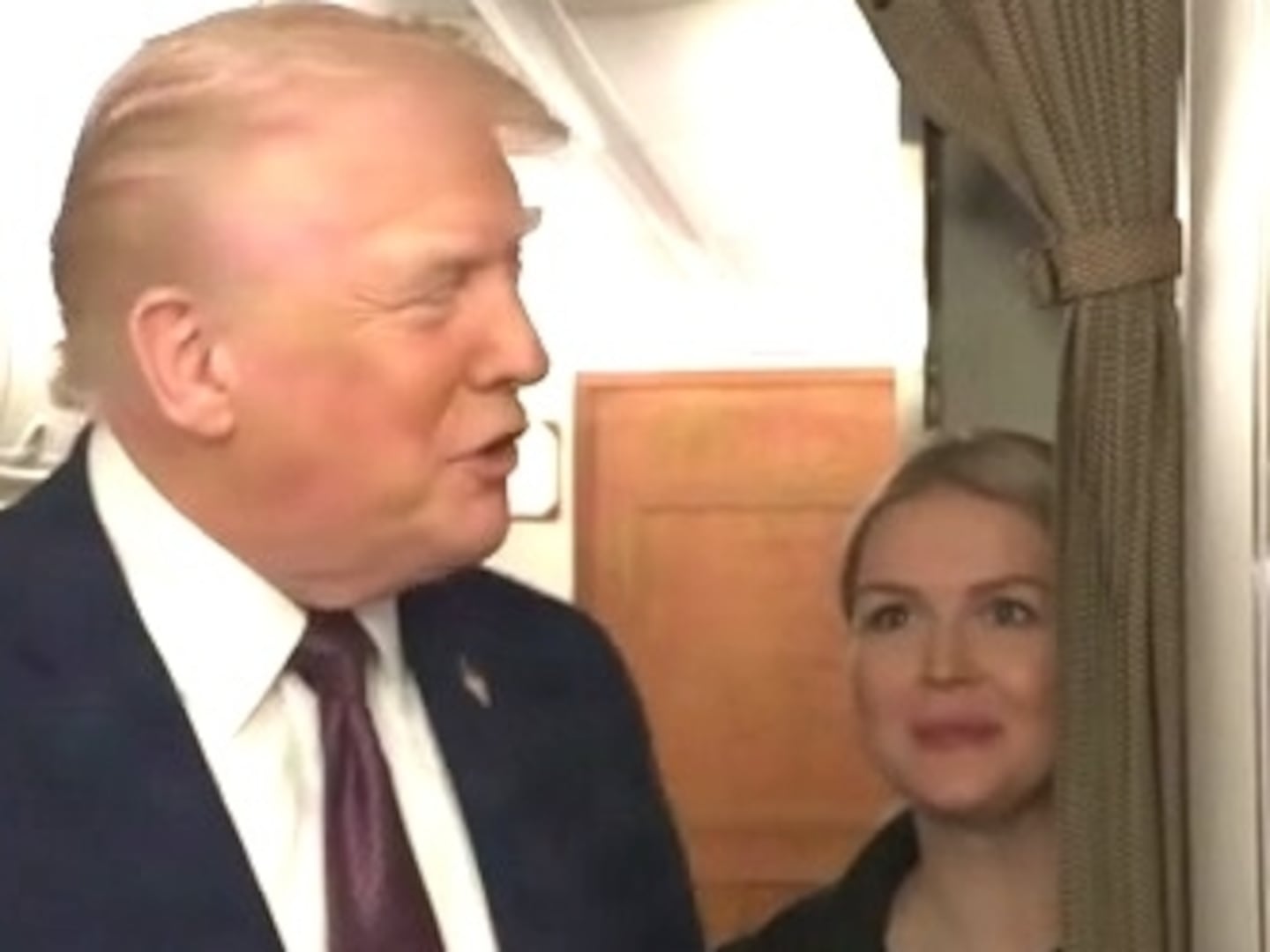Have a seat, Mr. Smith—filibuster reform is dead.

Despite the presence of perhaps the broadest coalition of activists ever assembled around a piece of parliamentary procedure, efforts to make the Senate return to an era of basic functionality came to naught when Senate Majority Leader Harry Reid reached an agreement with his Republican counterpart, Sen. Mitch McConnell, on a much smaller compromise that may speed up some of the Senate’s legislation, but will do little to prevent individual senators from gumming up the works.
The deal they hashed out would limit lawmakers’ ability to stack legislation with unrelated amendments designed to slow Senate business, limit the ability of lawmakers to prevent bills from coming to the floor, and help speed along the confirmation process of district judges and some executive-branch appointments. It gives more power to McConnell, who will be able to decide, along with Reid, which amendments are permitted to be attached to legislation.
What it does not do is what reformers had been pushing for nearly two years—force anyone who wants to filibuster to actually take a page from Jimmy Stewart’s Mr. Smith and deliver his or her stemwinder on the Senate floor. Nor does it force senators in the minority to actually cobble together 40 allies to sustain a filibuster—instead, the burden remains on those actually hoping to pass legislation to cobble together 60 votes of their own to stop a filibuster.
Labor leaders, civil-rights activists, and good-government types who had been pushing for reform now find themselves dealing with what feels like a betrayal.
“Extreme disappointment,” said Larry Cohen, the president of the Communication Workers of America, which had led a coalition called Fix the Senate Now. “The issues of the day are not likely to get debated, let alone discussed and voted on. We are now more determined than ever to reform the U.S. Senate.”
The question of reform was in the end going to come down to Reid, and in recent days those pushing reform—mainly a group of recently elected lawmakers led by Jeff Merkley of Oregon, Tom Udall of New Mexico, and old lion Tom Harkin of Iowa—thought they had a legitimate chance. It has always been the old lions of the Senate, like Carl Levin and John McCain, for whom any changes to procedure threatened to turn the world’s most deliberative body into something resembling—god forbid—the House of Representatives, with its majority rule and leadership-driven legislation. In May, however, Reid seemed to signal that the young bulls may be right, after the GOP derailed a rather straightforward effort to reauthorize the Export-Import Bank.
“If there were ever a time when Tom Udall and Jeff Merkley were prophetic, it’s tonight,” an exasperated Reid said on the floor. “These two young, fine senators said it was time to change the rules of the Senate, and we didn’t. They were right. The rest of us were wrong—or most of us, anyway. What a shame.
“If there were anything that ever needed changing in this body, it’s the filibuster rules,” he added, “because it’s been abused, abused, abused.”
Leading up to the start of this congressional term, Reid had reserved the right to use what advocates called “the constitutional option” to change the Senate rules. That is, since the Senate officially adopts new procedures in a mostly uncontroversial fashion at the start of each term, filibuster reform could pass with only a simple majority vote—meaning no Republicans need be on board. This maneuver, dubbed “the nuclear option” by opponents, would represent a shift in the tradition-bound Senate not just by adopting new rules but, in a meta-twist to the whole saga, by adopting them without letting the rules be subject to a filibuster.
Among Democrats, some of the old lions, such as Sen. Dianne Feinstein, blanched, and now it seems that Reid didn’t have the votes.
“Harry Reid never wanted to do it in the first place,” said one Hill insider who worked on the reforms. “If Reid really wanted to do it, he could have found 51 voters, but he didn’t. I believe he never intended to use the constitutional option—he just said he did for leverage.”
Last week, aides to the Democratic leadership announced during a weekly meeting of Democratic Senate chiefs of staff that Reid did not support the rule that required senators to actually be on the floor to deliver their filibuster. Activists flooded Washington over inauguration weekend, buttonholing lawmakers with talking points and pushing them to bring rules changes with a simple majority. One activist recalled buttonholing Sen. Chuck Schumer, who told him to forget the idea—the votes simply weren’t there. When the activist went through a list of Democratic senators who supported rules changes, he said, Schumer grew exasperated—“Harry is reticent to do it,” he said, and walked away.
On Thursday Reid granted an interview to Washington Post blogger Ezra Klein in which he said, “I’m not personally, at this stage, ready to get rid of the 60-vote threshold,” but he extolled the reforms that did come from his agreement with McConnell, arguing that the ones approved Thursday will limit the use of the filibuster and force the parties to come together in a more bipartisan fashion.
Advocates, though, weren’t having it.
“It isn’t filibuster reform,” said Shane Larson, a legislative aide to the Communications Workers of America. “And to call it filibuster reform is mislabeling it. It doesn’t change the filibuster at all. It is a procedural reform that speeds up the Senate, and that is all.”
What the reforms may end up doing, several Hill insiders said, is marginalizing some of the loudest voices in the Tea Party wing of McConnell’s caucus, since it will take some bipartisan support for an amendment to be attached to a bill. The biggest losers, by this reckoning, aren’t Merkley, Udall, and their ilk, but Republicans like Rand Paul and Mike Lee of Utah, who are content to mostly let government grind to a halt. As a corollary, the big winner is McConnell, who is up for reelection and has never been comfortable with some of the more strident voices in his own party.
Those who have pushed for reform admit that they did not do a great job in connecting this fight with the larger policy implications that a reforming the Senate has.
“Keeping the filibuster makes it much harder to do anything on guns, on climate, on energy,” one advocate said. “We only get one shot every two years at this stuff, and we need to do a better job of explaining how this is connected to everything else we want to do.”
Reid defenders, however, said that what advocates fail to understand is that had the majority leader pushed forward with only 51 votes, that would have, as they say, blown up the Senate. You think it is dysfunctional now—just wait until an angry McConnell is relegated to having as much power as Nancy Pelosi, they say.
“It is probably the best of a bad situation,” said Jim Manley, a former Reid chief aide. “If he would have exercised the so-called constitutional option, you can be sure that whatever grand designs the Obama administration had for the next four years would have died under unprecedented gridlock by Senator McConnell.”
This seems like an odd analysis, since the point of the reforms would have been to hamstring McConnell from doing just that. But, said Manley, never underestimate the power of a parliamentarian.
“It would have hamstrung McConnell to a degree, but I still think he would have been able to grind the Senate to a halt. I have no idea what tricks he had up his sleeve, but I am sure he had more cards to play.”





